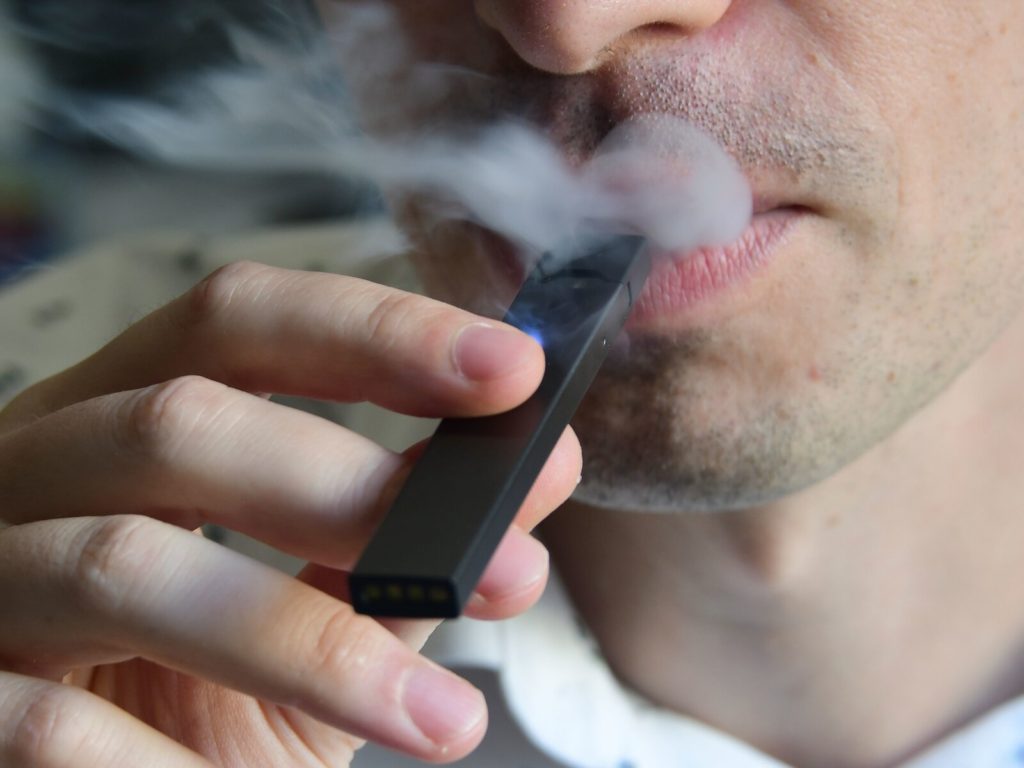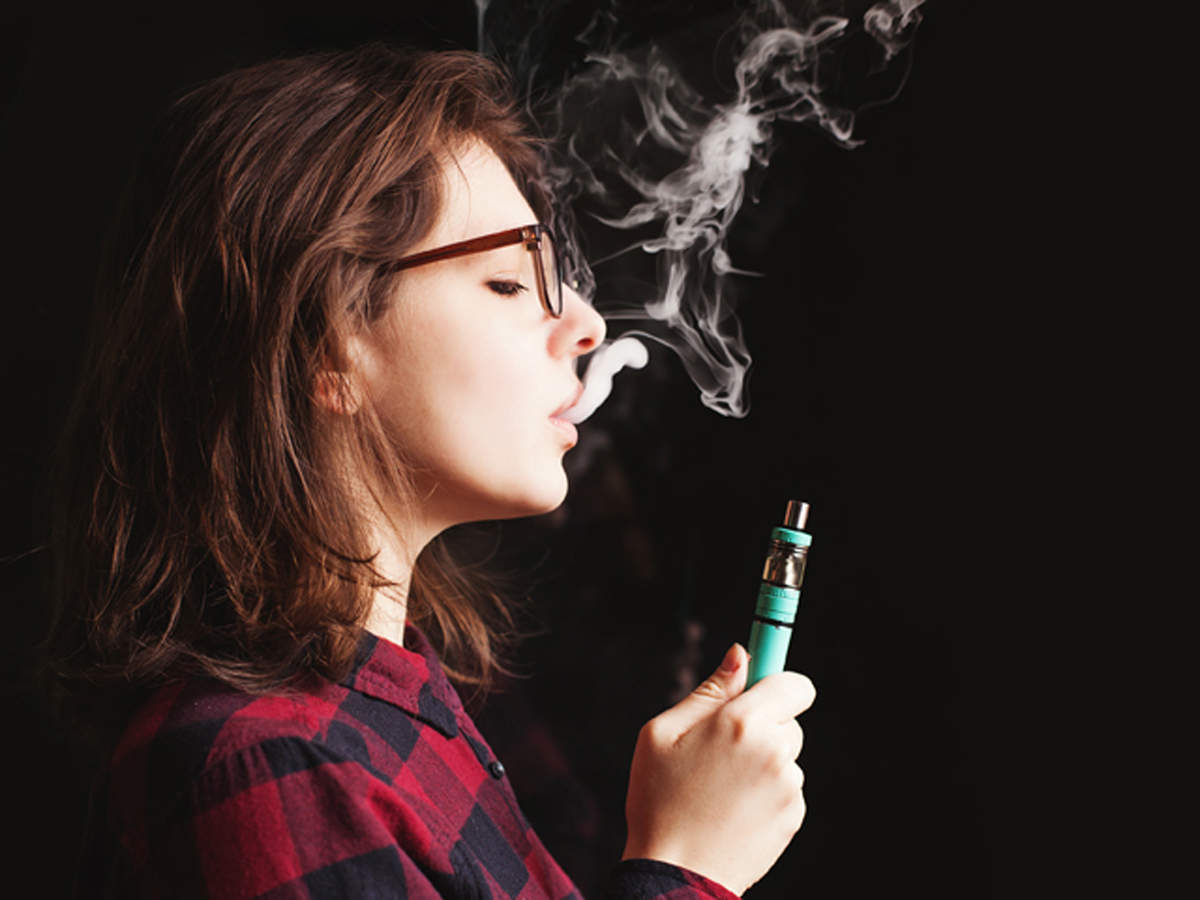Heated tobacco products are meant to heat tobacco without burning it or producing smoke but are they effective on cigarette smoking and health?
In 2016 the popularity of heated tobacco products soared in Japan after the release of an electronic device called IQOS. Heated tobacco products are all over the world but scientists often ask if these are actually effective.
I found an interesting paper that covered data from 11 studies with more than 2,600 people. And the result of the studies was that people who switched from cigarettes to heated tobacco had lower levels of exposure to harmful chemicals than those who kept smoking, but higher levels of these toxins than those who stopped using tobacco altogether.
Now this lower exposure was found across a number of harmful substances linked to cancers, heart disease and respiratory problems. In short, this means switching from cigarettes to heated tobacco could reduce the odds of developing these diseases.
But do we have enough data to be sanguine. Across the world, all studies are of relatively short duration. So to genuinely understand tobacco-related diseases one needs to push in long drawn studies because it typically takes a while for people to develop tobacco-related diseases. And as long as that does not happen, no one will vouch for these short-term studies.
But one thing is abundantly clear: The evidence shows how uniquely dangerous smoking is. Cigarettes kill half of all regular smokers who inhale toxic chemicals made by burning tobacco. Heated tobacco products are designed to avoid burning tobacco, so there is a global impression that these products pose a much lower risk.
Can heated tobacco products benefit public health if they reduce risk and, in turn, help people stop smoking normal cigarettes? And can this happen without attracting people who would otherwise avoid tobacco entirely? Honestly, there aren’t any studies focussing on whether giving smokers heated tobacco products helped them stop smoking.
What is interesting is that there are some Japanese studies looking at how cigarette sales changed after IQOS penetrated the markets. The studies, actually, found fall in cigarette sales sped up after the IQOS launch. In short, the studies suggested that heated tobacco products might replace rather than complementing cigarettes.

At the same time, there is a high possibility that sales of cigarettes fell because most people cut down without stopping altogether. After all, the biggest improvements in health come from stopping smoking altogether rather than smoking fewer cigarettes.
And it is here the E-cigarettes, or vapes, make a silent entry. These are a different breed of nicotine products that have, slowly yet steadily, become popular, especially among the millennials. So let’s compare it with cigarettes. Heated tobacco products heat tobacco leaf and then, e-cigarettes heat a liquid, typically containing nicotine. And then, there are large differences in the science and regulation of these products. E-cigarettes have filled the shelves for longer than heated tobacco, so there’s more evidence about their benefits and harms.
Unlike heated tobacco, e-cigarettes have been shown to help people stop smoking normal cigarettes. There are high chances that in the not-too-distant future, UK may even offer e-cigarettes to those keen to quit smoking. But then, the e-cigarettes must pass the necessary regulatory hurdles.
Across the world, many nations including Japan, have imposed restrictions that have essentially banned the sale of nicotine e-cigarettes, while heated tobacco products remain widely available. This may explain why heated tobacco has taken off in Japan. It’s the only potentially lower-risk alternative to cigarettes available.
Heated tobacco use remains rare in countries like the UK and US, where the e-cigarette market was already well-established by the time IQOS launched.
E-cigarettes were the first non-medical nicotine alternative to cigarettes that appealed widely to smokers around the globe. But e-cigarettes don’t contain tobacco and many manufacturers are unconnected to cigarette companies. Many tobacco companies instead focused on developing heated tobacco devices, a market over which they could maintain greater control because they had the patents.
Global sales increased quickly in Japan and South Korea in 2014 with the introduction of IQOS to test markets by Philip Morris International. Thereafter, other tobacco companies introduced their own electronic heated tobacco devices. Some of the most popular today are Glo by British American Tobacco and Ploom by Japan Tobacco International.
Interestingly, bulk of the research into the safety of heated tobacco – ironically – comes from Philip Morris International, which applied for IQOS to be sold as a “reduced exposure” and “reduced risk” tobacco product in the US.
A few years ago, probably in 2019, the United States allowed IQOS to be marketed as a reduced exposure product. Their review concluded that “switching completely from conventional cigarettes to the IQOS system significantly reduces your body’s exposure to harmful or potentially harmful chemicals”.
Now, the reduced risk application did not hold water, it failed miserably because “the evidence is not sufficient to demonstrate substantiation of either of the claims about the reduced risk of tobacco-related disease or harm”.
I think the world needs more evidence to be sure about how using heated tobacco affects people’s health.
So it is clear that the heated tobacco market is dominated by products from the cigarette industry, which has historically acted to distort science into the harm of cigarettes. And then, many e-cigarette manufacturers are unaffiliated with cigarette companies.
Tobacco giants have searched for decades for a less harmful cigarette. They have failed. Worse, their attempts to add ventilation holes to cigarette filters have added to the mess.
Tobacco giants are still trying, very hard.

